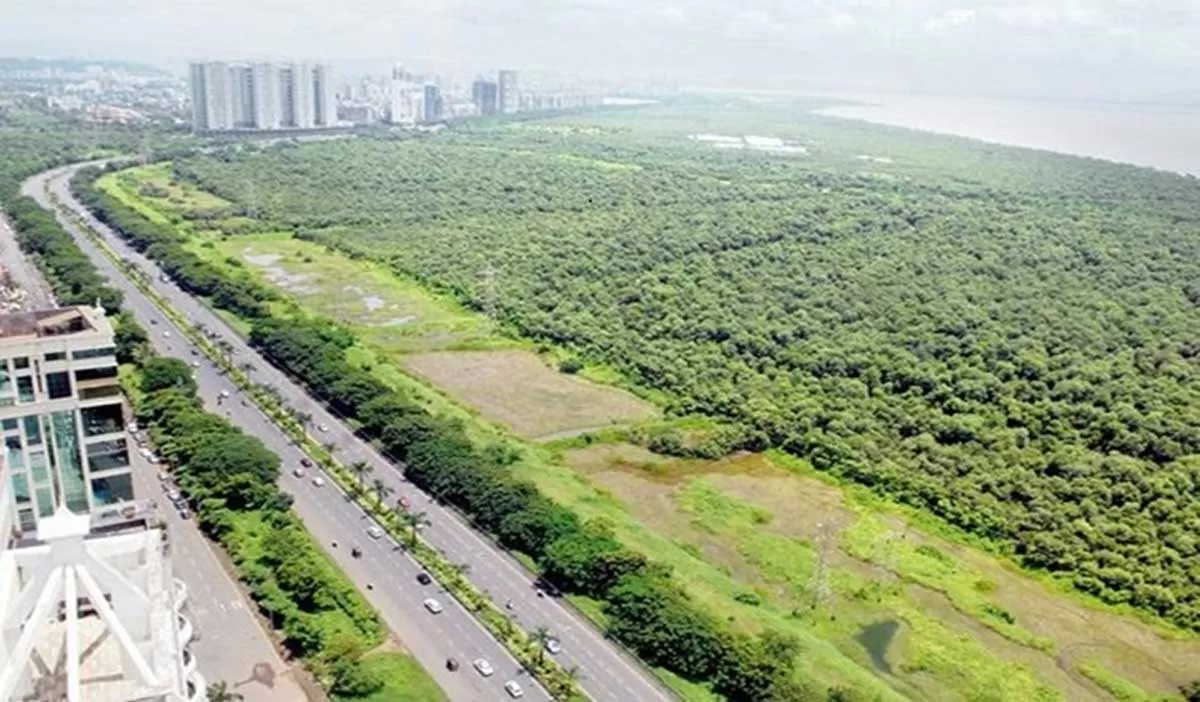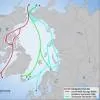The world is witnessing unprecedented times. The World Health Organisation (WHO) has declared the COVID-19 coronavirus to be a controllable pandemic and has advised governments across the world to adopt comprehensive measures to contain its spread.
Of the many countries that have taken varying degrees of measures to curb the spread of this deadly virus, India’s efforts have been widely applauded. The United Nations (UN) has expressed solidarity with India in its fight against COVID-19 pandemic and the WHO has praised Prime Minister Narendra Modi's 21-day nationwide lockdown as a "comprehensive and robust" response. The World Bank has approved a fast-track $1 billion India COVID-19 Emergency Response and Health Systems Preparedness Project to help India prevent, detect, and respond to the COVID-19 pandemic and strengthen its public health preparedness. This is the largest ever health sector support from the Bank to India.
Such stringent measures have resulted in significant disruption to business operations triggering monumental levels of economic uncertainty across sectors. Financial markets and other sectors such as manufacturing, tourism, hospitality and travel have been some of the ones to be hit severely.
Moody’s have already predicted a GDP growth of 2.5% for India in the calendar year 2020 while The Economist Intelligence Unit has predicted 2.1%, which is 3.5% cut from estimates of FY20, and one can safely assume that the last word has not been spoken yet. India with these numbers can yet be one among three fastest growing nations like China and Indonesia while the rest of the world will slip into recession.
Closer home, the Indian Government has announced a Rs 1.7 trillion relief package under the Pradhan Mantri Garib Kalyan Package (PMGKP) to provide a safety net to those affected severely by the Covid-19 lockdown. Along with this, insurance coverage of as much as Rs 5 million each for about 2.2 million healthcare workers battling the disease has also been announced. Also, about 8.7 million people will get free cereals and cooking gas apart from cash through direct transfers for three months.
Demand contraction and fear psychosis will impact non-essential goods, real estate, retail, aviation, hospitality, tourism, building materials industry, logistics IT, etc. Pharmaceuticals and healthcare, chemicals, essential fast-moving consumer goods, food, edible oils, food commodities etc will maintain steady growth. Exports too would be hurt due to a fall in global demand.
It is incumbent upon the government to step up infrastructure spending as soon as it can isolate hot spots of transmission. If mandatory provisions can be instituted for contract awardees in terms of providing essential hygienic conditions for workers working at construction sites situated away from city areas either building roads, metro lines, sewerage lines, water pipelines, railway tracks, power plants and so on, the informal economy can be insulated to a certain extent. Staying under a lock down and starving the economy versus providing appropriate conditions for infrastructure building and infusing liquidity into the informal economy with a controlled risk factor, is a Hobson’s choice.
Railways, Urban infrastructure, Roads and highways, renewable energy, conventional power, healthcare, education and water projects can be pushed forward under the National Infrastructure Pipeline which can keep the GDP growth engines chugging.
However, not all is gloomy, the society is showing its resilience by agility and ‘Plan B’ is in the works which is evolving on a daily basis. Events like these have their own way of bringing together an entire ecosystem. Despite an absence of a vaccine or a cure, there are three crucial enablers for a robust healthcare response.
Testing: Test kits
Sixteen companies have now received government approval to market RT-PCR based Novel Coronavirus (COVID-19) diagnostic kits in India. Mylab Discovery Solutions became the first Indian firm to get full approval to make and sell testing kits. Each Mylab kit can test 100 samples and costs Rs. 1,200, about a quarter of the Rs. 4,500 that India pays to import Covid-19 testing kits from abroad.
Hyundai, on the other hand, will import testing kits from South Korea to help 25,000 patients.
Prevention: Masks, Medical Textiles & Sanitisers
The Ministry of Textiles has set up an Emergency Control Room to monitor production and supply of medical textiles (N-95 mask, body coveralls and melt blown fabric) which are required for the frontline personnel fighting Covid-19.
Trichy Corporation jointly with Mahalir Thittam department has identified around 20 self-help groups (SHG) to manufacture face masks. These will be used by workers involved in routine solid waste management work and Covid-19 preventive measures.
Diageo India, the leading beverage alcohol company, announced that it will produce 3 lakh litres of hand sanitizers from its 15 manufacturing units across the country. Twenty sugar mills in UP have been licensed to manufacture hand sanitisers.
Treatment: Ventilators & Infrastructure
Ventilators are the single most important tool hospitals have for keeping Covid-19 patients in critical condition, alive. It is estimated that India has only about 40,000 ventilators at present, including about 8,500 in public hospitals. Keeping such shortage in view, the Indian government has reached out to five automobile manufacturers - Tata Motors Ltd, Mahindra and Mahindra Ltd, Hyundai Motor India Ltd, Honda Cars India Ltd and Maruti Suzuki India Ltd (MSIL) - to explore the possibility of manufacturing ventilators at their factories in collaboration with nine existing ventilator manufacturers.
MSIL has pledged to manufacture 10,000 ventilators in collaboration with AgVA Healthcare, an existing approved manufacturer of ventilators.
Defence Research and Development Organisation (DRDO) is working with Tata Motors Ltd and Mahindra & Mahindra Ltd on 'multi-patient ventilators' wherein several patients can be supported by a single ventilator.
Indian Railways is converting train coaches into isolation wards to prepare to meet the increasing demand for beds. Four hotels in Lucknow, Jawaharlal Nehru Stadium in Delhi and a sports stadium in Guwahati have been converted into quarantine centres
Also, Indian Railways is making all efforts to ensure availability of essential commodities through its uninterrupted freight services. More than 1.6 lakhs wagons have been carrying supplies to keep the supply chain functional.
Meanwhile, with a nationwide lockdown in place, over 90 cities, including Delhi (PM2.5 dropped by 30 per cent), recorded minimal air pollution in the last few days. The level of Nitrogen Oxide (NOx) pollution, which can increase the risk of respiratory conditions, has also reduced.
On a lighter note, private and public sectors in the country are coming up with their own ‘jugaad’ system to maintain ‘business as usual’ conditions. The ‘sarkari way’ of doing things in govt. offices has finally found a new way and physical movement of files and normal meetings have almost stopped. Email, Whatsapp and video conferencing are being seen as better ways to deal with the current situation.
In the meanwhile, how are you helping yourself, your society and our country in battling this deadly virus? Stay home and stay safe.
To Read the complete CARE Ratings Report, Click here

















